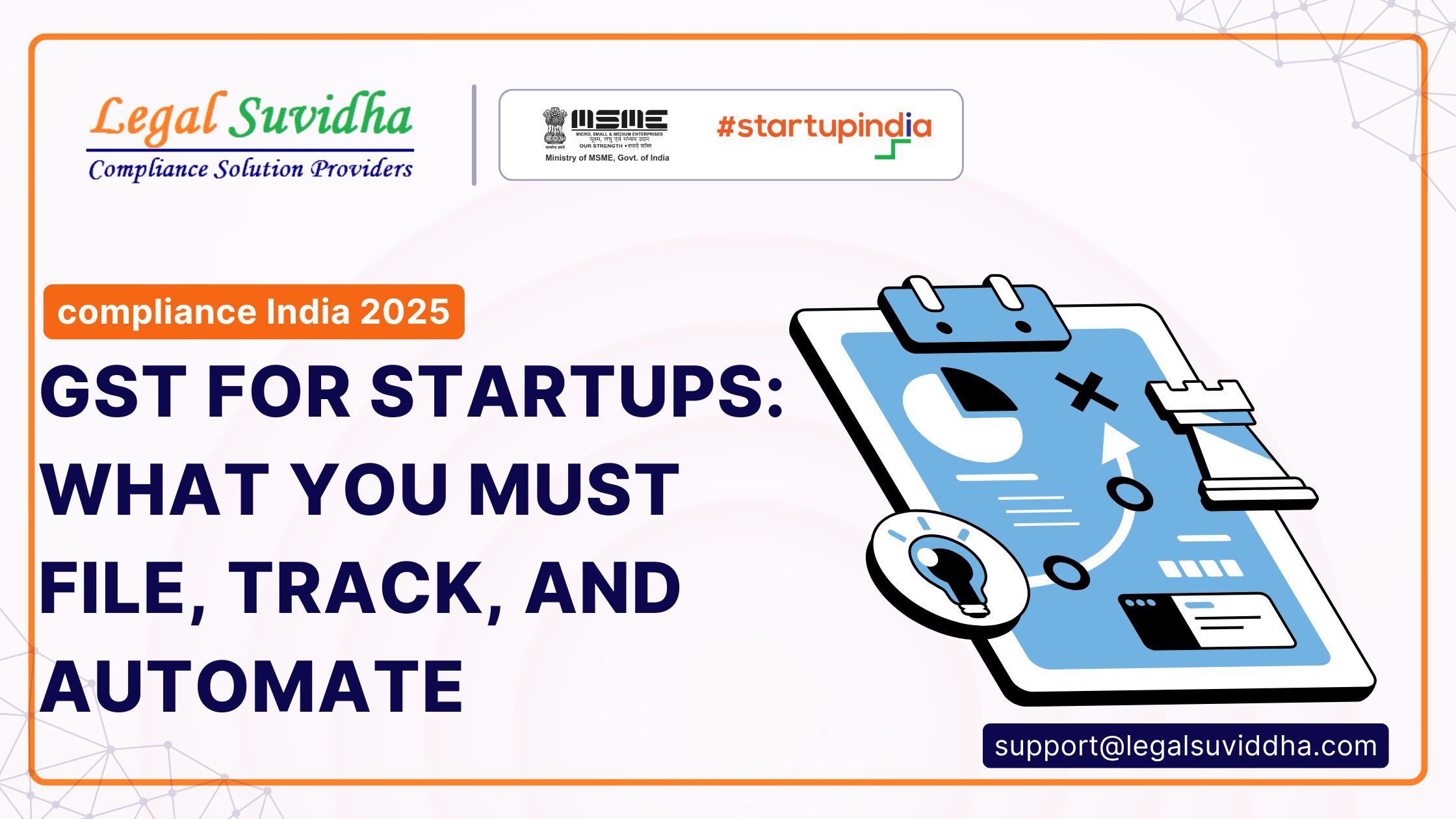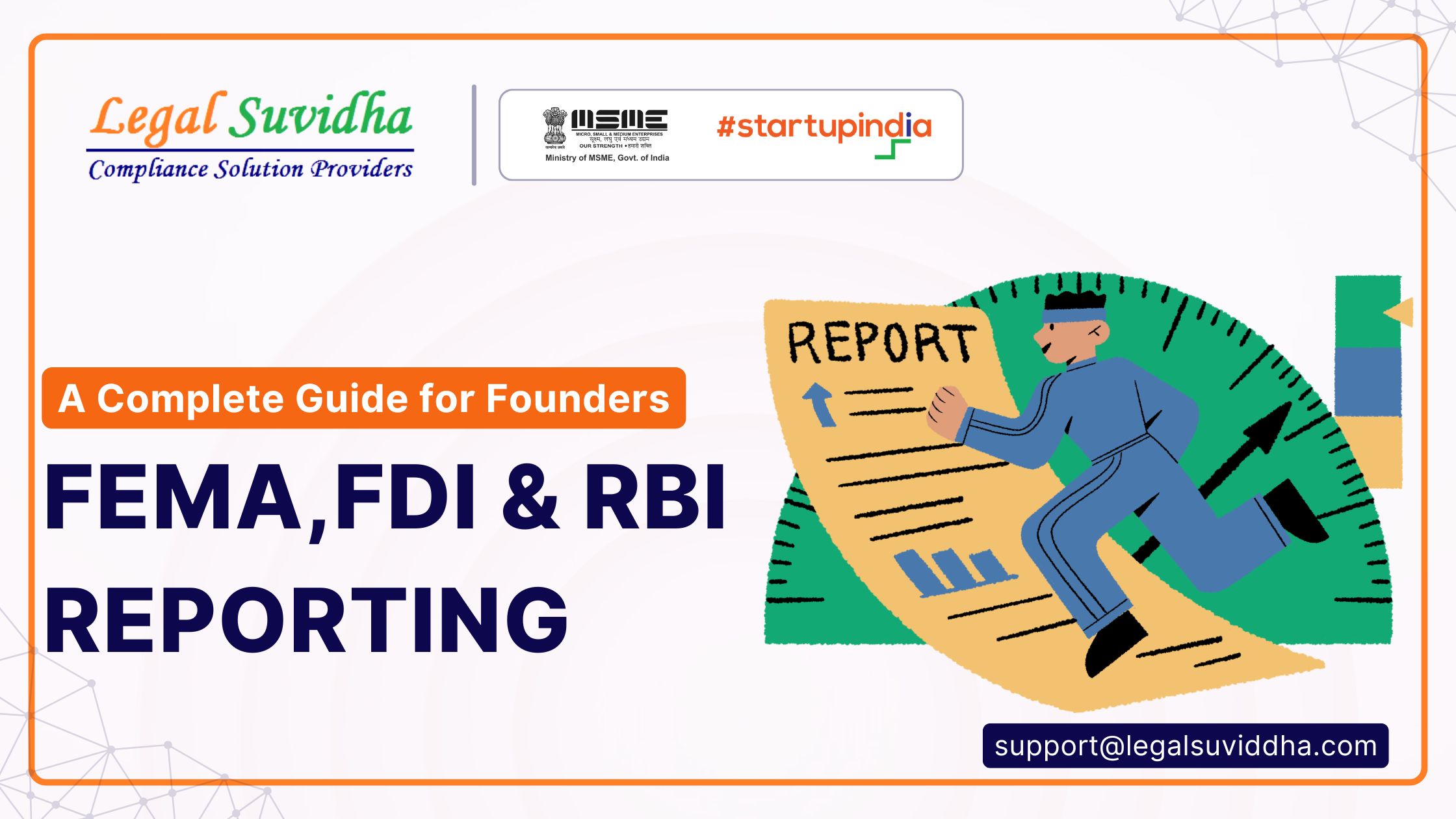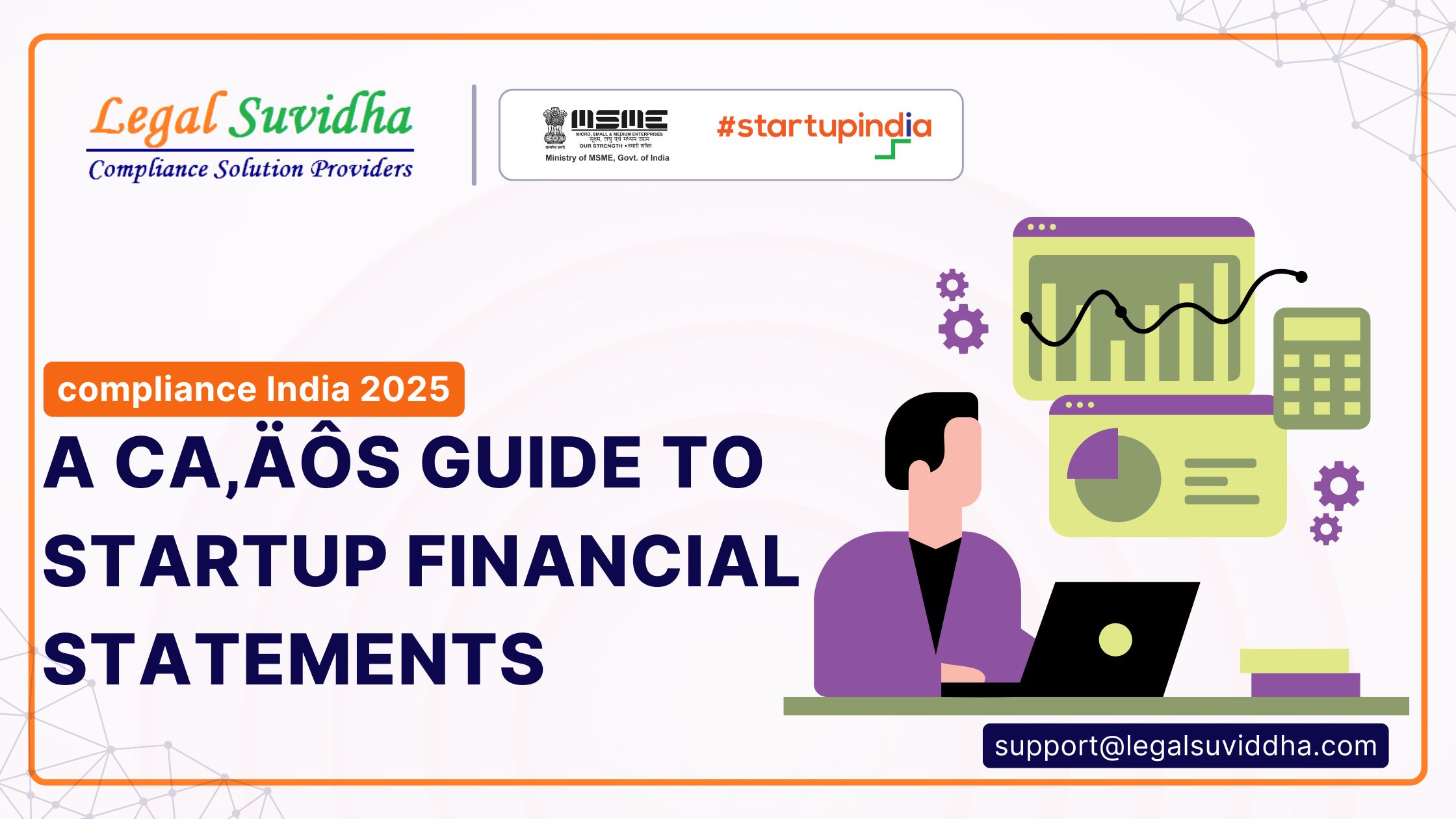Investing in startups can be a difficult task, especially for first-time investors. One popular investment option for startups is convertible notes. A convertible note is a type of loan that can be converted into equity at a later date. In this article, we will provide a comprehensive guide to convertible notes for investors in startups. We aim to provide detailed information on what convertible notes are, how they work, and the advantages and disadvantages of investing in them.
What are Convertible Notes?
Convertible notes are a type of debt instrument that is used to raise funds for a startup. They are a loan that is given to the startup, with the promise that the loan will be converted into equity at a later date. In other words, the investor loans money to the startup, with the expectation that the loan will be paid back in shares of the company’s stock.
How Do Convertible Notes Work?
When a startup raises funds through a convertible note, the terms of the note will specify a conversion price. The conversion price is the price at which the loan will be converted into equity. The conversion price is usually set at a discount to the price of the next funding round.
When the next funding round takes place, the convertible note will convert into equity at the conversion price. For example, if the conversion price is set at a 20% discount to the next funding round, and the next funding round values the company at $10 million, then the convertible note will convert into equity at a $8 million valuation.
Advantages of Convertible Notes for Investors –
- Simple to understand
- Clear path to conversion
- Flexibility in terms of customization
- Potentially higher returns than traditional debt investments
- Opportunity to invest in promising startups at an early stage
- Can be an effective way to diversify investment portfolio
- Can provide liquidity to the investor through conversion to equity
- Not entitled to voting rights or other benefits that come with owning equity in a company
- Higher risk compared to traditional debt investments
- Possible loss of investment if the startup fails
- Uncertainty around the conversion price and timing of the conversion
- Potential dilution of equity if subsequent funding rounds occur before conversion
- May not provide a fixed rate of return like traditional debt investments
- Can be complicated to negotiate and may require legal assistance
Advantages of Convertible Notes for Startups –
- Easier and quicker to negotiate compared to equity financing
- Flexibility in terms of valuation
- No immediate dilution of ownership
- Can attract investors who may not be comfortable with setting an immediate valuation
Disadvantages of Convertible Notes for Startups –
- Interest payments on the loan can be expensive
- Potential for a high conversion rate if the valuation of the company is low at the time of conversion
- Limited time frame for repayment of the loan
- Can lead to complicated cap table management if multiple rounds of financing occur before conversion
- Discount rate: The conversion rate is set at a discount to the valuation of the company at the time of conversion. For example, if the valuation of the company is $10 million at the time of conversion and the discount rate is set at 20%, the conversion rate would be calculated by dividing the valuation by 0.8, resulting in a conversion rate of $12.5 million.
- Valuation cap: The conversion rate is set based on a maximum valuation of the company at the time of conversion. For example, if the valuation cap is set at $15 million and the valuation of the company at the time of conversion is $20 million, the conversion rate would be calculated based on the valuation cap of $15 million.
- Pre-determined conversion rate: The conversion rate is pre-determined and set at the time of issuance. This method is less common, as it requires the startup and investor to agree on the conversion rate before the valuation of the company is known.
It’s important for both the startup and investor to carefully consider the conversion rate when negotiating the terms of the convertible note. The conversion rate will ultimately determine the number of shares the investor will receive upon conversion and can significantly impact the value of the investment.
Tips for startups on how to best use funds raised through convertible notes –
Convertible notes can be a useful financing tool for startups, but it’s important to use the funds raised effectively to maximize the value of the investment. Here are some tips for startups on how to best use funds raised through convertible notes:
- Focus on product development: One of the best ways to use funds raised through convertible notes is to invest in product development. This can help startups build a better product that can attract more customers and generate higher revenues in the long run.
- Hire key team members: Another way to use funds raised through convertible notes is to hire key team members, such as engineers or salespeople. This can help startups build a strong team that can execute on the company’s vision and accelerate growth.
- Marketing and sales: Investing in marketing and sales can help startups increase awareness of their product and acquire more customers. This can be especially important for startups that are trying to break into crowded markets or industries.
- Research and development: If a startup is working on a new technology or product, using funds raised through convertible notes to invest in research and development can be a smart move. This can help startups stay ahead of the competition and develop innovative products that can generate higher margins.
- Pay off debt: If a startup has existing debt, using funds raised through convertible notes to pay off debt can be a smart move. This can help reduce the company’s overall financial risk and make it more attractive to potential investors or acquirers.
Ultimately, how a startup uses the funds raised through convertible notes will depend on its specific needs and goals. It’s important for startups to carefully consider their options and create a plan that will help them achieve their objectives while maximizing the value of the investment for their investors.
There have been several successful convertible note issuances that have helped startups raise significant capital and achieve their growth objectives. Here are a few examples:
- Dropbox: Dropbox, a cloud storage company, raised $1.7 million through a convertible note in 2007. This helped the company fund its early growth and attract additional investors, eventually leading to a successful IPO in 2018.
- Airbnb: Airbnb, an online marketplace for short-term rentals, raised $600,000 through a convertible note in 2009. This helped the company expand its operations and attract more hosts and guests, eventually leading to a valuation of over $100 billion.
- Uber: Uber, a ride-sharing company, raised $1.8 million through a convertible note in 2010. This helped the company expand its operations and attract more drivers and riders, eventually leading to a successful IPO in 2019.
- Warby Parker: Warby Parker, an online eyewear retailer, raised $2.5 million through a convertible note in 2010. This helped the company expand its product line and attract more customers, eventually leading to a valuation of over $3 billion.
- Gusto: Gusto, a payroll and benefits platform for small businesses, raised $1.1 million through a convertible note in 2012. This helped the company expand its operations and attract more customers, eventually leading to a valuation of over $9 billion.
In each of these cases, the convertible note issuances helped the startups raise significant capital, expand their operations, and achieve their growth objectives. The flexibility and simplicity of convertible notes made them an attractive financing option for these companies in their early stages, and their success has inspired many other startups to consider using convertible notes as a financing tool.
If You have any query then connect with us at [email protected] or you can contact us & stay updated with our latest blogs & articles.








